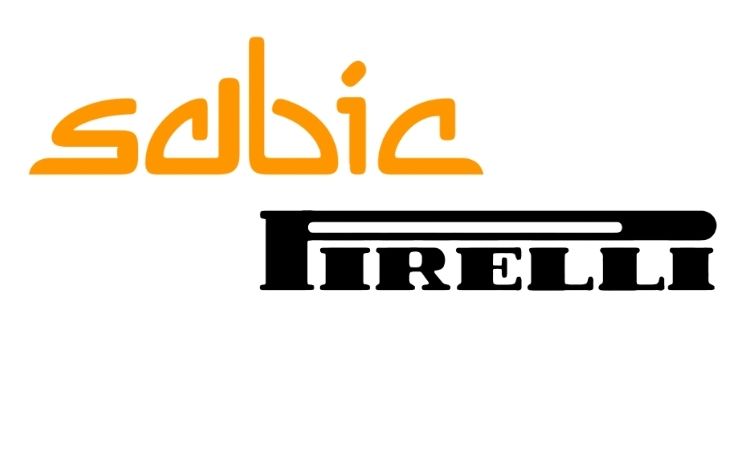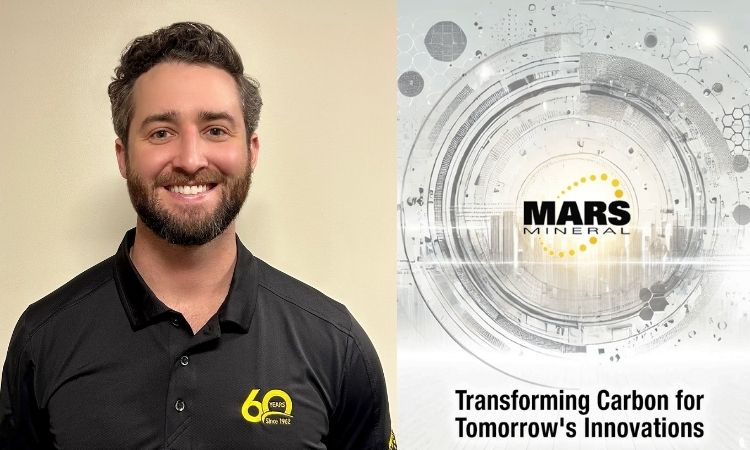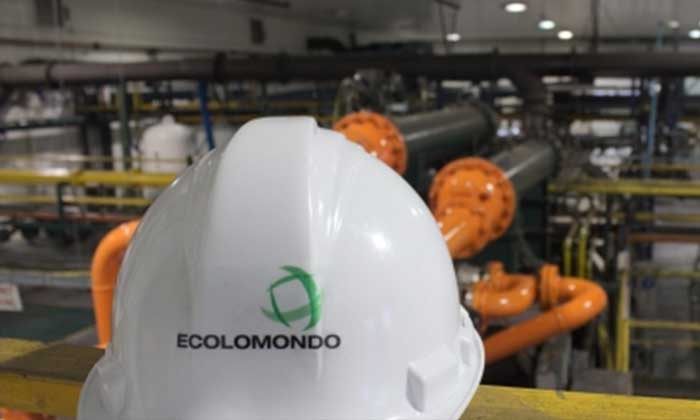EuRIC calls upon the European Commission to support use of tire-derived infill
The European Recycling Industries’ Confederation (EuRIC) calls upon the Commission to strengthen its commitment to the Circular Economy. The news was originally published by the Recycling Magazine; please see the full article here.
With the release of ECHA´s opinions on infill materials, now it is up to the Commission to take a decision on what measures to follow as regards this application.
EuRIC warns about the negative impacts that some of the options covered, including a complete ban, may have on the environment and on the objectives of speeding the transition towards a more circular economy.
EuRIC has raised concerns over the future of 527,000 tonnes of end-of-life tires annually recycled into artificial turfs, warning on the risks of them being mismanaged and causing a huge environmental impact in the event of a proposal to ban infill materials.
EuRIC Mechanical tire Recycling Branch (EuRIC MTR) has expressed its support to the objectives of the European Commission, and it is confident that preventing a mismanagement of waste tires will be at the focal point of their decision when taking into consideration the different options proposed by ECHA. Especially, knowing that there are no alternatives for an environmental sound management of the approximately 50,000,000 tires units annually recycled and turned into infill material.
Yet, preserving a circular economy for tire recycling into artificial turf infill can and must go hand in hand with reducing microplastics’ releases through standardized risk management measures such as those described in the European Standards Committee (CEN) technical report CEN/TR 17519.
“State of the art mechanical tire recycling entirely supports the European Green Deal and the new Circular Economy Action Plan” stressed Poul Steen Rasmussen, President of EuRIC MTR Branch and Group CEO Genan. “The processing of ELT tires into rubber is not only the most resource-efficient option but also the most climate-efficient one because for each tonne of ELT recycled as infill for artificial turf pitches- the climate is spared 700 kg of CO2 when compared with co-incineration” he added.
EuRIC entirely supports the efforts of the European Commission to minimise the release of microplastics in the environment.
“We are sure that cutting down microplastics releases into environment and the circular economy goals can coexist and achieve the objective of minimising the environmental impact of microplastics, which is why we encourage the European Commission to introduce risk management measures to avoid unintended releases of microplastics into the environment, one of the options assessed by ECHA.”
EuRIC has expressed their support towards the sustainable recycling system of end-of-life-tires which they define as “well-functioning and mature circular value chain which directly contributes to the recovery of thousands of tonnes of critical raw materials such as rubber, and also steel and textile fibers, saving substantial amounts of energy and water, and preventing greenhouse gas emissions. Together with millions of euros saved in imports of raw materials and generating thousands of jobs”.
Original article by Recycling Magazine.
Weibold is an international consulting company specializing exclusively in end-of-life tire recycling and pyrolysis. Since 1999, we have helped companies grow and build profitable businesses.









